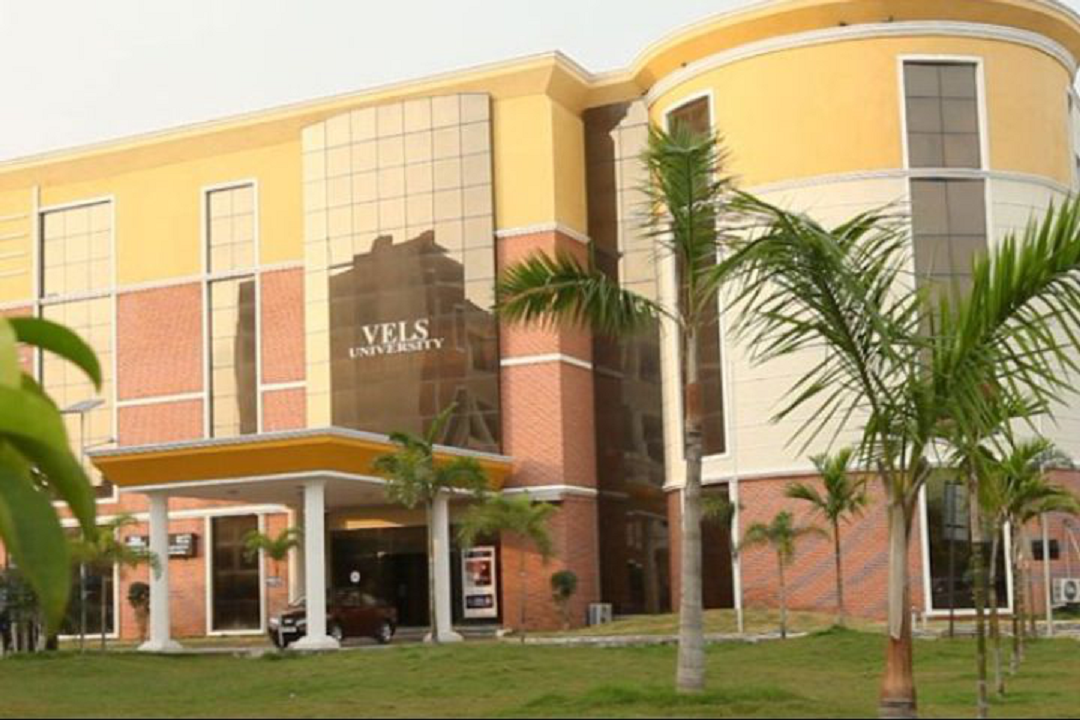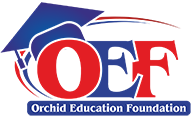
School of Engineering
Engineering is the application of scientific principles for a better living. The engineering education at VELs University is designed to accommodate current trends and future needs. We have incorporated flexibility in our curricula. As such we have an obligation to address the full range of higher education, namely: teaching and learning, research, and service to the community. The major element in our design of engineering education is teamwork and partnership. In addition to the regular curriculum, we provide additional courses on communication skills and soft skills to make our students prepared to face any interview. We also we arrange several invited talks, conduct seminars/workshops, and National & International conferences on state of the art technology. Students are regularly taken to various industries to provide first hand information about the happenings in the real world.
Degree Branch
B.E Computer Science & Engineering
B.E Electronics & Communication Engineering
B.E Electrical & Electronics Engineering
B.E Mechanical Engineering
B.E Civil Engineering
B.E Automobile Engineering
B.E Biomedical Engineering
B.Tech Information Technology – with specialization in Mobile & Cloud Based Application (in association with IBM)
B.Tech Biotechnology
M.E Computer Science & Engineering
M.E Construction Engineering & Management
M.E Computer Integrated Manufacturing
M.E Automobile Engineering
Ocean Engineering
B.Tech Naval Architecture Offshore Engineering
B.Tech Petroleum Engineering
The School of Engineering is an associate of various Professional Bodies & Associations
BAI - Builders Association of India
ICI - Indian Concrete Institute
ASME - American Society for Mechanical Engineers
IAENG - International Association of Engineers
IE - Institution of Engineers (India)
IEEE - Institute of Electrical and Electronics Engineers
IETE - Institute of Electronics and Telecommunication Engineers
IIPE - Indian Institute of Production Engineers
ISHRAE - Indian Society of Heating, Refrigerating and Air-Conditioning Engineers
ISTE - Indian Society for Technical Education
NIQR - National Institution for Quality & Reliability
SAEINDIA - Society of Automotive Engineers
Program Outcomes (POs)
Engineering knowledge: Apply the knowledge of mathematics, science, engineering fundamentals, and an engineering specialization to the solution of complex engineering problems.
Problem analyses: Identify, formulate, review research literature, and analyze complex engineering problems reaching substantiated conclusions using first principles of mathematics, natural sciences, and engineering sciences.
Design/development of solutions: Design solutions for complex engineering problems and design system components or processes that meet the specified needs with appropriate consideration for the public health and safety, and the cultural, societal, and environmental considerations.
Conduct investigations of complex problems: Use research-based knowledge and research methods including design of experiments, analysis and interpretation of data, and synthesis of the information to provide valid conclusions.
Modern tool usage: Create, select, and apply appropriate techniques, resources, and modern engineering and IT tools including prediction and modeling to complex engineering activities with an understanding of the limitations.
The engineer and society: Apply reasoning informed by the contextual knowledge to assess societal, health, safety, legal and cultural issues and the consequent responsibilities relevant to the professional engineering practice.
Environment and sustainability: Understand the impact of the professional engineering solutions in societal and environmental contexts, and demonstrate the knowledge of, and need for sustainable development.
Ethics: Apply ethical principles and commit to professional ethics and responsibilities and norms of the engineering practice.
Individual and team work: Function effectively as an individual, and as a member or leader in diverse teams, and in multidisciplinary settings.
Communication: Communicate effectively on complex engineering activities with the engineering community and with society at large, such as, being able to comprehend and write effective reports and design documentation, make effective presentations, and give and receive clear instructions.
Project management and finance: Demonstrate knowledge and understanding of the engineering and management principles and apply these to one’s own work, as a member and leader in a team, to manage projects and in multidisciplinary environments.
Life-long learning: Recognize the need for, and have the preparation and ability to engage in independent and life-long learning in the broadest context of technological change.
Vision
To make the Institute an epitome of excellence in higher education by effectively providing high quality education and rigorous training to students in multiple streams of choice with ample scope for all round development to make them excel in their profession for betterment of the society.
Mission
Effectively imparting knowledge and inculcating innovative thinking. Facilitating skill enhancement through add on courses and hands on training. Doing original, socially relevant, high quality research. Facilitating appropriate co-curricular, extracurricular and extension activities. Instilling the spirit of integrity, equity, professional ethics and social harmony.
Core Values
We believe that: VISTAS students and scholars should be well-founded on the pursuit of knowledge through, teaching and learning research, with fellowships required on the basis of intellectual merit, ability and the potential for excellence.
Perspectives, arising from diverse knowledge background, that re-define our identities, deepen scholarly inquiry and enrich path breaking newer knowledge horizon.
Cherish the key values of academic freedom, creative and innovative thought, ethical standards and integrity, accountability and social justice, nurturing open mind and open society.
Foster inquiry‐led and evidence‐based approach to creative knowledge ; facilitate a vibrant academic ambience to the nurture the intellectual climate.
Quality Assurance
The University has established a system of Quality Assurance to enhance and monitor the quality of education. Quality Advisory Committee and Internal Quality Assurance Cell are working towards this goal.


Questions, Comments, Discussions